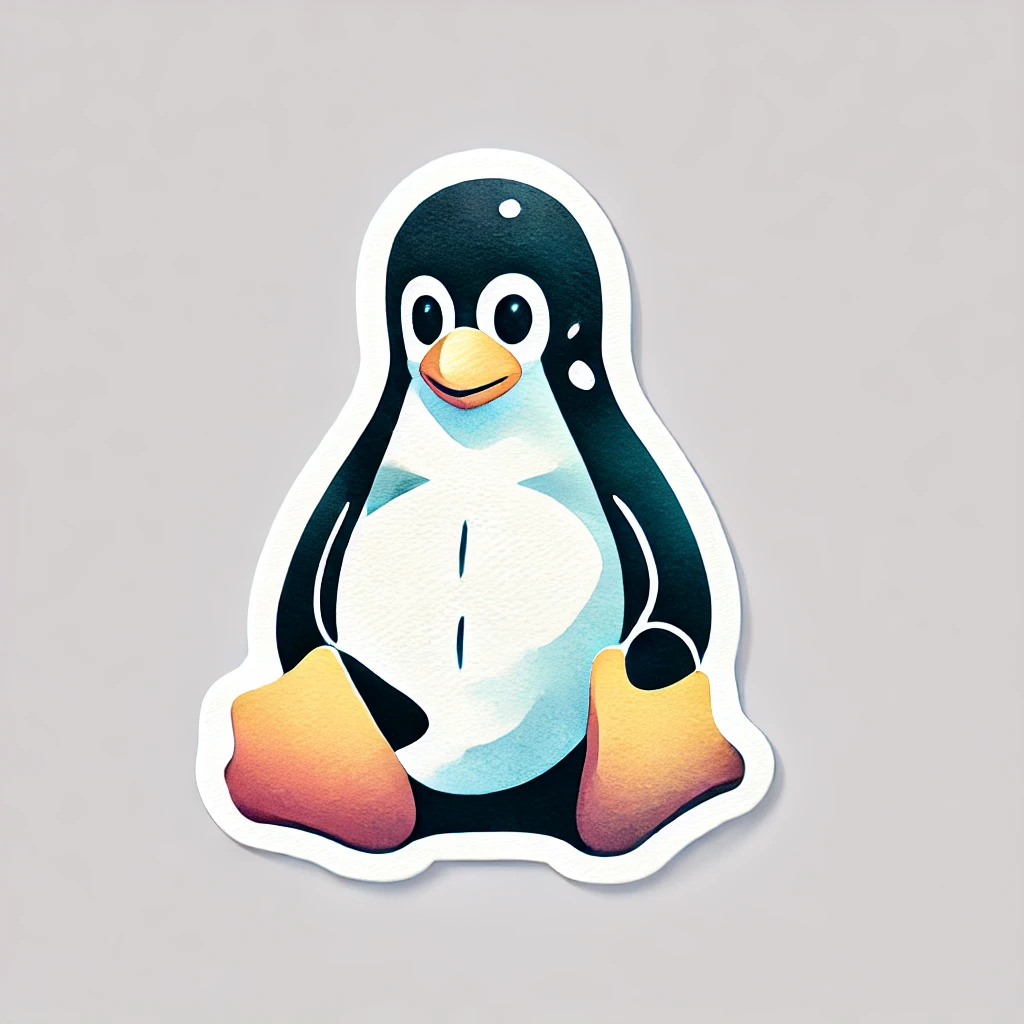Well, it looks like even the Linux kernel isn’t immune to geopolitical drama. Who knew a project that powers everything from toasters to supercomputers would end up involved in international sanctions? But here we are, with Linus Torvalds, the legendary creator of the Linux kernel, firmly standing by the decision to kick 11 Russian maintainers to the curb. And like a perfectly timed bug report, this move has set off a wave of controversy within the open-source world.
Let’s dig into what happened, why it’s got people so riled.
Russian maintainers? Nah, they’re outta here.
So, around October 18, 2024, Greg Kroah-Hartman – the guy you don’t mess with in the Linux world – announced that 11 Russian maintainers were booted from the kernel development team. Why? Apparently, “compliance requirements” were to blame, which is code for “we’re keeping things legal under U.S. sanctions” imposed because of Russia’s ongoing war in Ukraine.
Now, these aren’t just some random contributors pushing typo fixes; these maintainers were responsible for some pretty critical bits of Linux code – think drivers and hardware support that many devices rely on. Naturally, people freaked out. It’s like cutting off your car’s brake lines because the manufacturer is on the wrong side of a trade embargo.
The community isn’t happy. At all.
In typical Linux fashion, this didn’t go unnoticed by the community, which is known for two things: collaboration and spirited debates (often with an abundance of expletives). When Kroah-Hartman made the announcement, developers like Geert Uytterhoeven were quick to demand more transparency.
The big question: What exactly are these “compliance requirements,” and how can we be sure this won’t turn into a slippery slope where maintainers are axed based on political or national affiliations rather than their contributions?
Without clear rules, Uytterhoeven and others warned, it could lead to future decisions that feel arbitrary – an open-source version of “you’re with us or against us.” And that’s not exactly a great look for a community that prides itself on inclusivity and technical meritocracy.
Torvalds: No, seriously, this isn’t up for debate.
Then, in typical Linus Torvalds fashion, he didn’t exactly sugarcoat his response. Critics? “Russian trolls.” Complaints? Unfounded. In his view, there’s nothing to debate – the decision is final, and the world can just deal with it. He doubled down on the compliance argument, stressing that it wasn’t just about U.S. sanctions but that countries worldwide are stepping up to enforce similar measures. In other words, this isn’t a Linux kernel problem; this is a global sanctions problem. And if you have a problem with that, well, there’s the door.
Not surprisingly, reactions to Torvalds’ blunt dismissal have been mixed. Some are all for it, appreciating his decisive stance, while others feel that his approach dismisses the very spirit of open-source collaboration.
This whole ordeal brings up a much larger issue – how does open-source development, which thrives on global collaboration, deal with geopolitical realities like international sanctions? The very nature of open source is to welcome anyone, anywhere, who can contribute to the project. But what happens when those contributors are suddenly persona non grata because of decisions made far beyond their control?
If developers start worrying about being removed based on where they live or their country’s political climate, it could chill participation. Developers might second-guess contributing if they think that their work could get erased – or worse, that they’ll get publicly “canceled” by the likes of Torvalds – because of something entirely unrelated to the quality of their code.
Sure, the Linux project has to comply with international laws. But does that mean open-source development will become gated by borders and politics, with contributions from certain regions flagged for deletion just because?

The way forward: transparency, please
At this point, many are calling for clearer guidelines. Developers want to know what the rules are – how can you get kicked out? What are the exact compliance issues? Is there a chance to appeal or remedy the situation? Without those answers, there’s an uneasy feeling that decisions could become arbitrary, leaving contributors wondering if their work will be next on the chopping block.
It’s a tricky balancing act: keeping the Linux kernel free and open, while also not running afoul of sanctions and legalities that are completely outside the control of the open-source world.
But one thing’s for sure: even though the Linux kernel powers the most technically advanced systems in the world, it’s still just as vulnerable to the whims of human conflict as the rest of us. And no amount of bug fixes or kernel patches can make that go away.
The affected developers are:
- Abylay Ospan
- Alexander Shiyan
- Dmitry Kozlov
- Dmitry Rokosov
- Evgeniy Dushistov
- Ivan Kokshaysky
- Nikita Travkin
- Serge Semin
- Sergey Kozlov
- Sergey Shtylyov
- Vladimir Georgiev

Leave a Reply